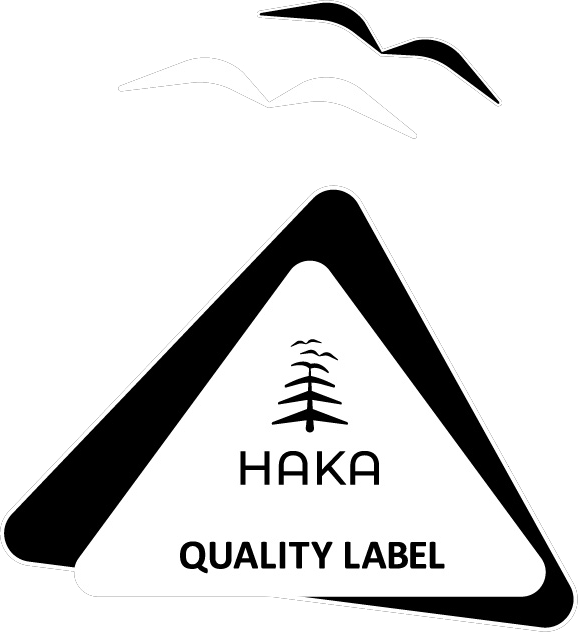
 All news
All news

Logistics expert Tarmo Tael focused at the “Building the virus-resistant company” conference organised by Estonian Entrepreneurship University of Applied Sciences in cooperation with Ülemiste City on opportunities, how and why to create, and how to improve the business continuity of your organisation.
Tarmo Tael, who has worked more than two decades in the field of logistics, previously in DPD and Itella, and who is now, since last year, working for Lumi Capital described in his presentation personal experiences at different times and in different roles and outlined how every difficulty can be utilised in business.
“A crisis creates the inconveniences necessary for business development and pushes business development to a new level. No problem lasts forever. One day the sun will come out from behind the clouds again. We need to have patience enough to wait for this moment,” said Tael, the Lumi Capital logistics real estate partner. “Each such seemingly ‘bad’ experience has often had more educational value for me than many good experiences.”
He recalled how he took risks during the first crisis in 2008 when he was a young and inexperienced manager and how he later acknowledged how important it is to have a more strategic approach.
“People fail to take certain issues into account and be ready for the unexpected; it is important to plan our activities continuously. I call this increasing awareness when creating the journey of the company,” said Tael.
To improve this journey, he gave some recommendations:
- set a goal, plan activities and start moving towards the goal;
- set metrics and create clear links between the goal and activities;
- plan adequate time and resources for the journey;
- measure and improve actions to increase effectiveness and efficiency;
- update and test the plan;
- don’t forget the contingency and be aware of unknowns.
It is important to analyse your activities afterwards and learn from errors
Tael mentioned that he has met with the attitude “Why do we need all this? We have always solved problems thanks to clever people and we will solve them in future. Let’s instead focus on recruiting clever people,” and concluded that this is not the approach to prevent crises or react to them appropriately.
He brought another example: “We constantly talk about the negative impacts of the COVID pandemic but do not want to talk about the valuable lessons learned and to think about the process. Coming to conclusions with a team creates a basis for dealing with a crisis knowingly next time, regardless of the size or nature of the crisis. Development is born through communication and the exchange of ideas.”
When talking about the trends in his field or the last-mile delivery business, Tael stressed: “This is unarguably the biggest cost driver in the supply chain, reaching 40%. The market has changed and that has resulted in the introduction of new solutions to the market, e.g., parcel machines, that we can consider to be the last half-mile delivery. Pre-COVID about 10 million last-mile parcels were delivered; now that number is already 20 million. We are talking about record numbers, which will certainly grow, but not about record profits. For example, grocery delivery is not yet sufficiently cost effective, though it will be in the future with the growth of volumes and development of technologies.”
Innovation as a rebellion and business continuity
Tael gave innovation as a phenomenon an historic and philosophical meaning.
“What do pirates and innovation have in common?” he asked the audience. He answered: “In the fifteenth to seventeenth centuries, the word ‘innovation’ was synonymous with the word ‘rebellion’ in the English language. Everything was clear: either you engage in innovation and win, or you will die. Today, the same is happening to start-ups. They rebel because they want to bring about changes.”
“Innovation is actually testing things. Testing old things and things that have failed so far. Experimenting, failing, surrendering, doubting, learning, forgetting, testing old things in a new environment or with a new team,” explained Tael. “Let’s say you test 100 things, of which 20 are winners and 80 are losers. What you gain from these 20 is bigger than the loss you make from the 80, so it is still worth it.”
He said that innovation in Estonia was very practical. “Arno Kütt (today the CEO of Cleveron) complained about 15 years ago that Eesti Post did not deliver on time, had poor service, etc. What could be done?
“We cannot talk about one specific robot or innovation model that will win. Many companies wish to resolve the same problem but do it using different technologies. A road is not straight; it has bends. Maybe one day one of them is successful, then the other one is successful on some other day and then, again, they change places.”
Watch the video of the presentation by Tarmo Tael https://youtu.be/lymP3Eaupfw

 Student
Student
